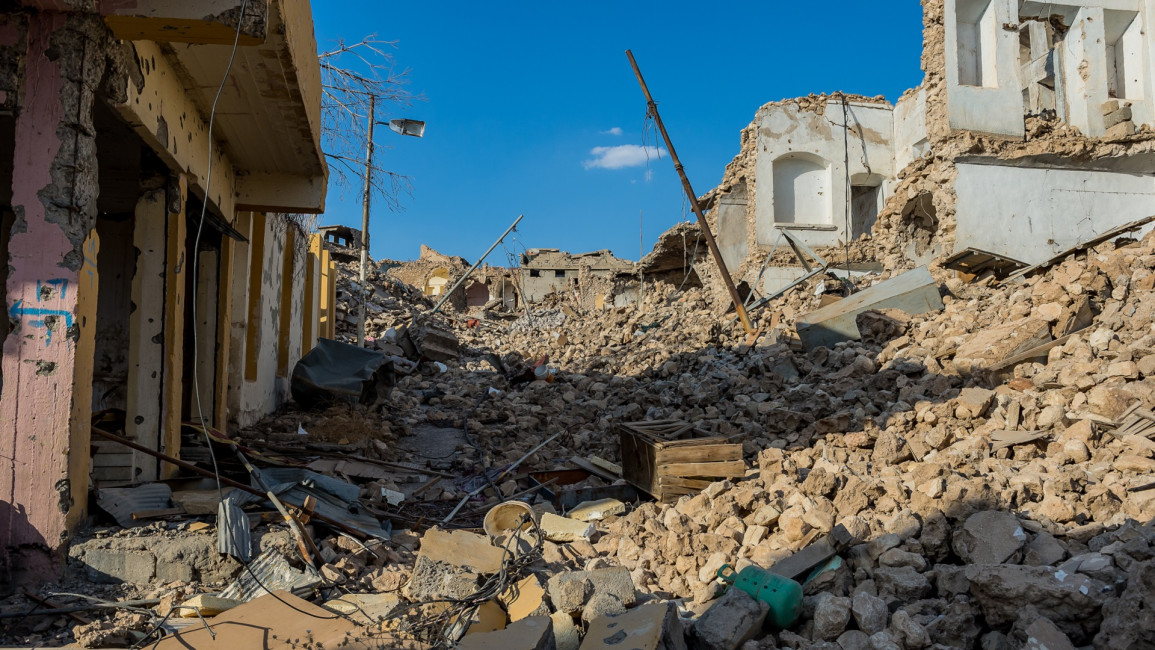Iraqi Yazidi refugees prevented from returning to Sinjar due to ongoing dangers
Nearly five years after the religious and ethnic minority were forced to flee their homes by the Islamic State group militants, the majority of Yazidi refugees are living in squalid conditions in and around the town.
Many are still living in tents on the same mountains where they took shelter from the 2014 IS offensive, despite the expulsion of the extremist group from Sinjar in November 2015.
The mayor of Sinjar, Mahma Khalil, said that the PKK were preventing the return of refugees. He accused the group of committing "widespread, arbitrary and inhuman violations" and "imposing strange laws".
He called on the Iraqi government to expel the PKK from the region.
The PKK have had a presence in Sinjar ever since IS were expelled in 2015. Founded in Turkey in 1978, their goal of achieving autonomy or independence for Turkish Kurds has turned violent, and the group are considered a terrorist organisation by Turkey, the US, and the EU.
In Sinjar, they have formed a 5,000-strong Yazidi offshoot known as the Sinjar Resistance Units (YBS), who are also allied with the Iranian-backed Hashd al-Shaabi (Popular Mobilisation Forces) militias.
The YBS have clashed with Baghdad, with one Iraqi soldier killed by the group in March 2019.
Khalil is a member of the Kurdistan Democratic Party, which is led by Massoud Barzani, who was formerly the president of the Iraqi Kurdistan Region and has a history of opposing the PKK.
However, the UN has issued its own call for Yazidi refugees to be allowed to return to their homes. The Special Representative of the United Nations Secretary-General for Iraq, Jeanine Hennis-Plasschaert, said that she was "shocked" to find that "many people are still living in tents, on the very mountain top they fled to at the onset of the [IS] terror campaign".
Hennis-Plasschaert called for the establishment of "stable governance and security structures without delay and so facilitate the reconstruction of affected areas and the return of displaced persons from Sinjar", according to the Kurdistan24 website.
Before its capture by IS in 2014, Sinjar had a population of 88,000, most of them Yazidis. The extremist group considered the Yazidis infidels, massacring 3,000 of them when they captured the town and forcing Yazidi women into sexual slavery. The destruction caused by the IS occupation has not been repaired and much of the town is still rubble.



